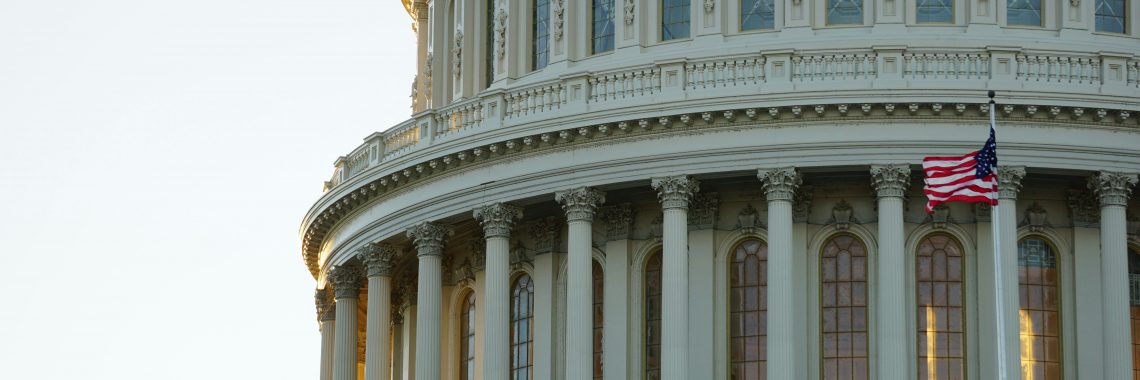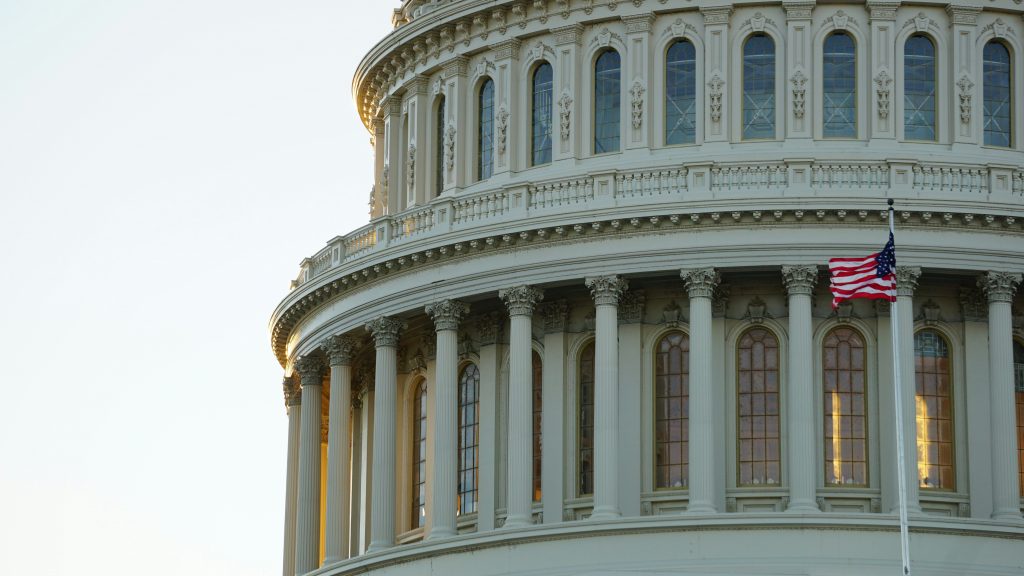Authorities in Georgia Seize Hundreds of Pounds of Illegal Marijuana Linked to Drug Cartels

Earlier this month, authorities in Georgia arrested three men and seized 500 pounds of illegal marijuana believed to be linked to Mexican drug cartels.
CBS News in Atlanta reports:
Jubenal Farfan Arellano, 52, and Omar Flores Mena, 33, both of Mexico, and Jose Radilla Maldonado, 29, of Sandy Springs, Georgia, were arrested and charged with racketeering and conspiracy to violate Georgia’s Controlled Substances Act. Flores is also charged with possession of cocaine and methamphetamine.
The arrests came after law enforcement agencies executed five search warrants on Oct. 29 and Oct. 30 in Woodstock, Sandy Springs, and Atlanta.
Investigators seized more than 500 pounds of marijuana packaged for distribution, along with nine firearms. Agents say the investigation uncovered evidence that associates of the Cartel Jalisco New Generation, also known as CJNG, were working with local contacts to traffic marijuana, cocaine, methamphetamine, and firearms across the area.
Contrary to popular belief, marijuana legalization in states like California and Colorado has actually emboldened drug cartels and increased the flow of illegal drugs across America — including Arkansas.
The U.S. Department of Justice has said organized crime from Mexico and China may be making millions of dollars from black market marijuana in America.
The FBI recently announced charges against seven Chinese nationals for their alleged roles in a multimillion-dollar marijuana scheme that involved money laundering, drug smuggling, and human trafficking.
Oklahoma has legalized marijuana, but in June, Oklahoma Attorney General Gentner Drummond announced his Organized Crime Task Force seized nearly 41,000 illegal marijuana plants and more than 1,000 pounds of processed marijuana in a single sting operation. Drummond indicated “Chinese crime syndicates and Mexican drug cartels” are behind the illegal marijuana.
Arkansas State Police routinely confiscate illegal marijuana grown in other states.
Last year marijuana’s supporters spent more than $1.9 million on a flawed ballot measure to legalize marijuana in Arkansas. The proposal would have amended the Arkansas Constitution to give a handful of businesses a monopoly over marijuana in the state, and it would have removed restrictions that protect children from marijuana marketing. The proposal also failed to limit the amount of THC in marijuana products — which is a serious concern.
All of this would have meant more marijuana in Arkansas.
It’s worth noting that marijuana is tied to a host of health concerns. Science now links marijuana to various cancers, memory problems, birth defects, and deadly heart conditions — including heart attack, heart failure, and stroke. In fact, some researchers now say marijuana use doubles a person’s risk of death from heart disease.
All of this underscores what we have said for years: Marijuana may be many things, but “harmless” simply is not one of them.
Articles appearing on this website are written with the aid of Family Council’s researchers and writers.





